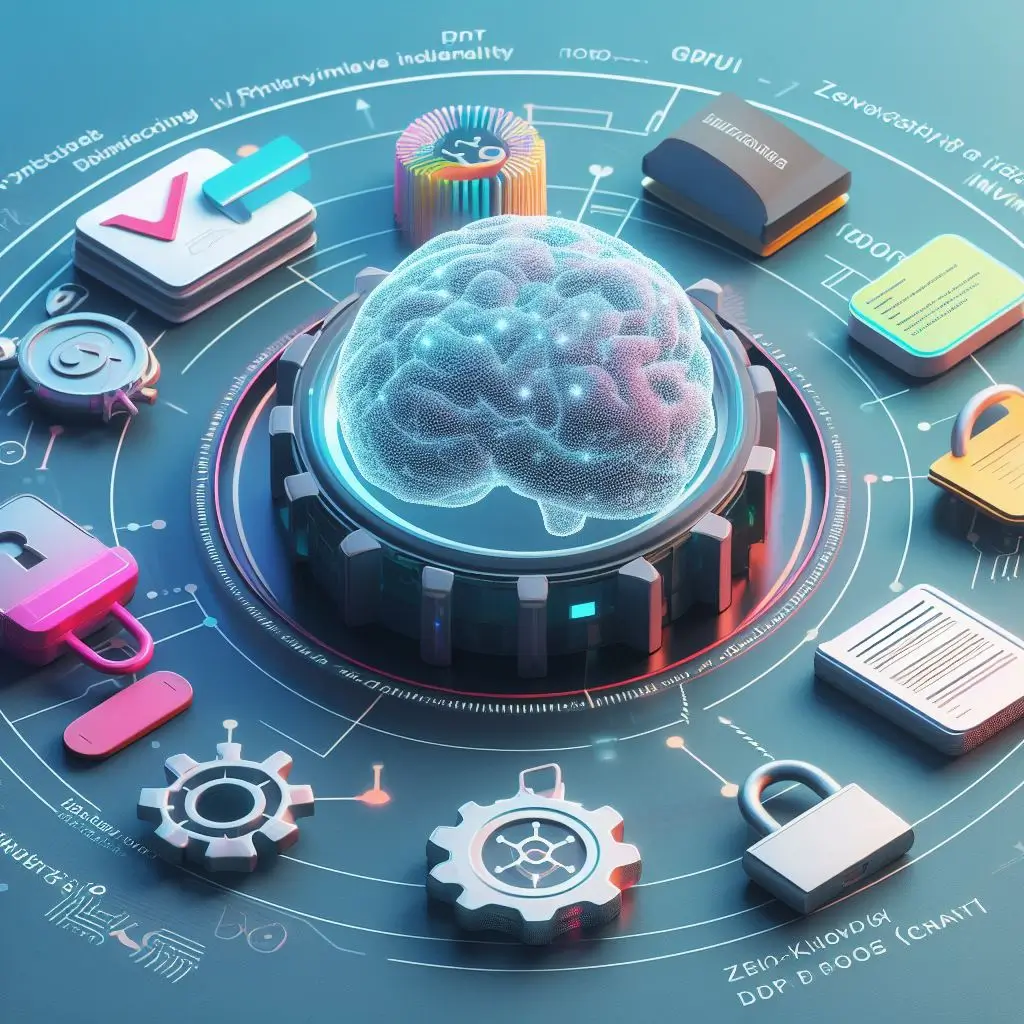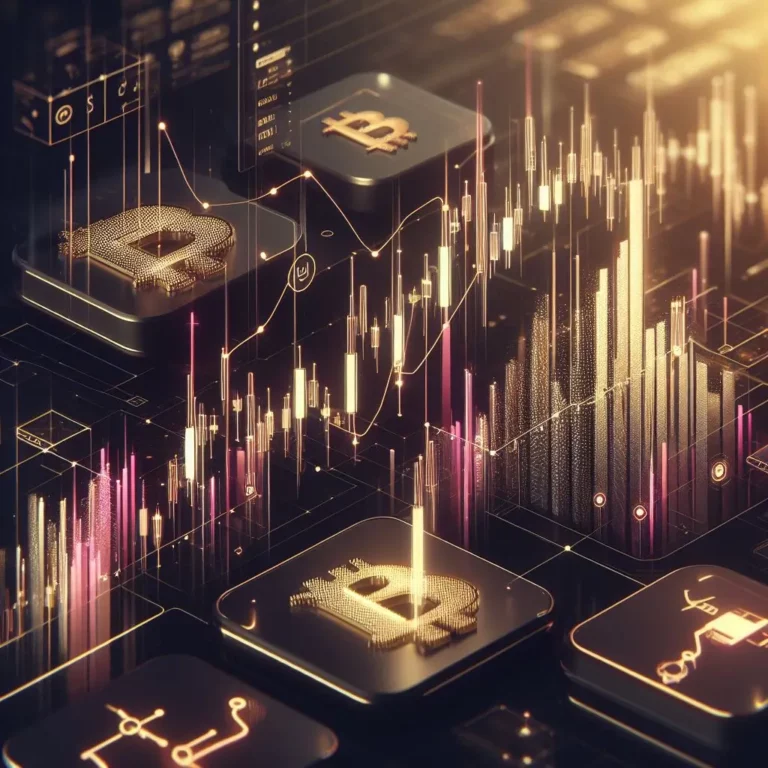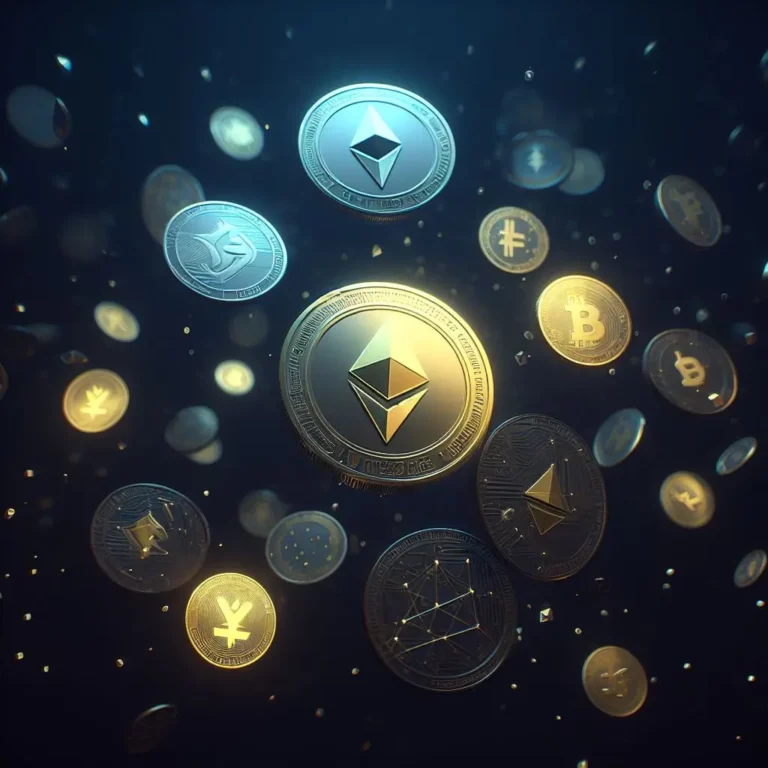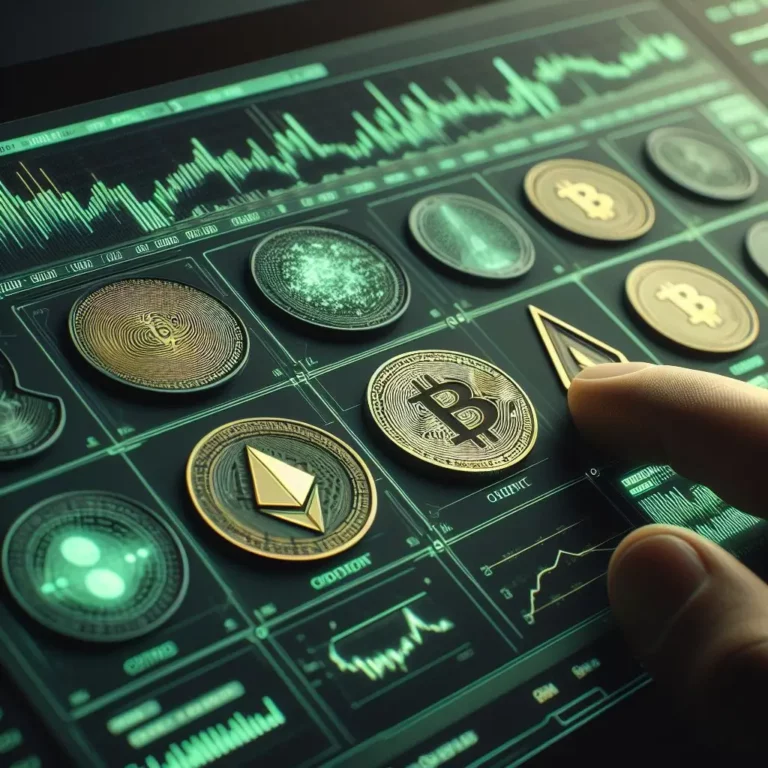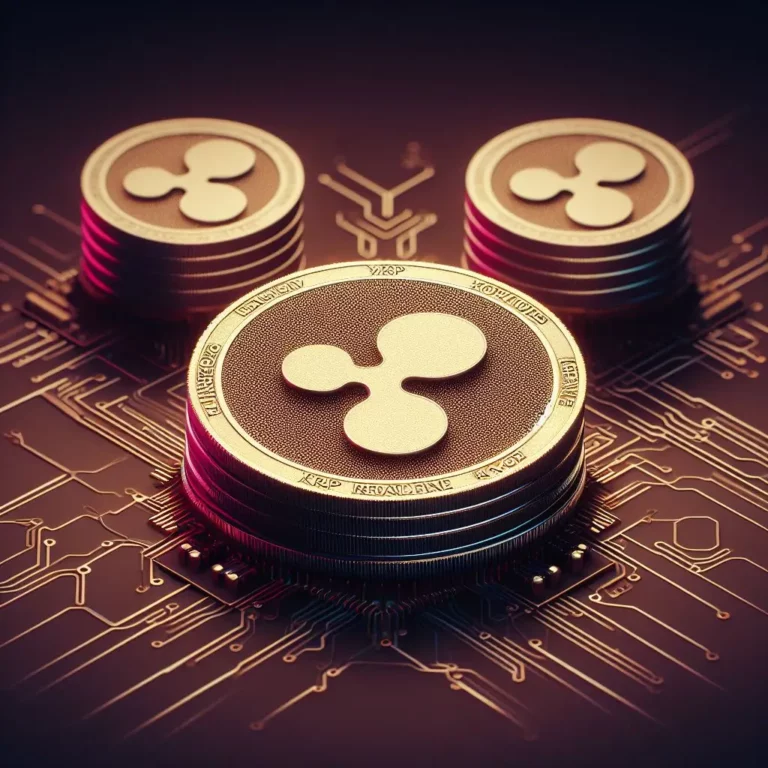In today’s digital world, where we do so much online, from shopping to chatting with friends, our identity plays a crucial role. But what exactly is “decentralized identity,” and why is it important? Well, think of it as a way to make sure your online identity is safe and secure.
Imagine a world where you can prove who you are without sharing all your personal details with every website or app. That’s what decentralized identity is all about. It’s like having a secret code that proves you’re you without revealing everything about yourself.
Now, you might be wondering, “How does this secret code work?” That’s where “zero-knowledge proofs” come into play. They’re like magic tricks for the digital world, and they keep your identity safe.
Zero-knowledge proofs are like showing someone that you know a secret handshake without actually telling them the handshake. It’s a way of proving something without giving away the details. This is super important because it keeps your personal information private.
So, in this article, we’re going to explore how zero-knowledge proofs can make your online life safer and more private. We’ll look at how they work and the awesome things they can do.
Understanding Decentralized Identity
Now that we’ve got a basic idea of what decentralized identity and zero-knowledge proofs are, let’s dive a little deeper.
Decentralized Identity
Imagine you have different keys to different parts of your life, like a house key, a car key, and a diary key. These keys represent your identity in various places. In the online world, it’s kind of like having a digital key for your social media, a different one for your email, and another for your bank account. In a decentralized identity system, you have control over these keys, and you don’t have to give them all away to one big company. This means you can keep your online life more private and secure.
Zero-Knowledge Proofs
Remember those secret handshakes we talked about earlier? Well, zero-knowledge proofs are a bit like those handshakes. They let you prove something is true without revealing the actual information.
For instance, if you want to prove you’re old enough to enter a website, you don’t need to show your birthdate – you can use a zero-knowledge proof to say, “Yes, I’m old enough,” without giving the exact date. This helps you protect your personal information.
In our digital age, where information is so valuable, decentralized identity and zero-knowledge proofs give you more control and privacy. It’s like having superpowers for your online life. We’ll explore how these superpowers work in the next sections.
The Power of Zero-Knowledge Proofs
Alright, it’s time to take a closer look at those digital superpowers called zero-knowledge proofs. They might sound a bit complicated, but we’re going to break it down so you can understand them like a pro.
Think of zero-knowledge proofs like this: You have a treasure chest, and you want to prove it’s locked without showing anyone the key. This is where the magic comes in. With a zero-knowledge proof, you can convince someone that the chest is indeed locked without revealing how the key looks or works.
Here’s a simple example: Let’s say you have a friend who wants to know if you can speak a secret language, but you don’t want to teach it to them. Instead, you give them a sentence in the secret language, and you ask them to tell you if it’s correct or not. If they say it’s right, you’ve proven that you know the secret language without teaching it to them.
That’s what zero-knowledge proofs do in the digital world. They allow you to prove something is true without spilling the beans on how it’s true. This is incredibly useful when it comes to protecting your identity and personal information online.
Use Cases
Now that you’re a zero-knowledge proof expert, let’s explore how these proofs are used in the real world to make decentralized identity awesome by applying these ideas to everyday situations.
KYC Verification
Have you ever signed up for a new app or website and had to provide lots of personal information? With zero-knowledge proofs, you can prove you’re old enough or live in a certain place without revealing your exact birthdate or address.
Age Verification
Imagine you want to access a game or a website that’s only for grown-ups. Zero-knowledge proofs allow you to prove your age without telling them your birthdate. It’s like saying, “I’m old enough” without giving the exact number.
Credential Sharing:
Let’s say you need to prove that you have a university degree for a job, but you don’t want to share your entire academic history. Zero-knowledge proofs help you show you have the degree without disclosing all the courses you took.
Voting
Voting is super important for any democracy, but you want to keep your vote a secret. Zero-knowledge proofs can help you prove you voted without revealing who you voted for.
Access Control
In the digital world, you often need to access different accounts or places. Zero-knowledge proofs help you prove you have access rights without showing all your login details.
These are just a few examples of how zero-knowledge proofs make decentralized identity rock. They help you protect your privacy and still do the things you want online.
The best part is, you can use these proofs without giving away all your secrets. In the next sections, we’ll talk about why zero-knowledge proofs matter and how they make your digital life safer and more fun.
Benefits of Zero-Knowledge Proofs
Now that we’ve seen how zero-knowledge proofs help secure online identities, let’s talk about the benefits they bring to the table.
Improved Privacy and Security
The most significant benefit is that zero-knowledge proofs give you top-notch privacy and security. They allow you to prove things without revealing your personal details. So, it’s like having a cloak of invisibility for your data – you can use it without anyone seeing what’s underneath.
Reduced Data Silos
Imagine all the websites and apps you use have a piece of your personal information. With zero-knowledge proofs, you don’t have to give them the whole puzzle; you just give them the piece they need. This means your data isn’t scattered everywhere, making it harder for anyone to misuse it.
Increased User Control
With zero-knowledge proofs, you’re in charge. You decide what you want to share and what you want to keep secret. It’s like having a remote control for your digital life, letting you share your information on your own terms.
Identity Theft and Fraud Prevention
By using zero-knowledge proofs, you can make it incredibly challenging for anyone to pretend to be you or steal your identity. They’d need your secret keys, and you’re the only one who has them.
So, to put it simply, zero-knowledge proofs are your online guardians, keeping your data safe, reducing the chances of identity theft, and giving you the power to choose what to share. It’s like having your personal digital bodyguard.
Challenges in Implementation
As awesome as zero-knowledge proofs are, they do have some hurdles to overcome. Let’s take a look at these challenges:
Computational Overhead
Using zero-knowledge proofs can sometimes be a bit like driving a super-fast car. It’s powerful but also requires a lot of energy. These proofs can be computationally expensive, which means they might slow things down a bit. However, experts are working on making them more efficient.
Lack of Standardization
In the world of technology, it’s like speaking different languages. Different systems may use different methods for zero-knowledge proofs, and this lack of a common language can make things tricky. But, standards are emerging to make sure everyone is on the same page.
Lack of User Awareness
Not everyone knows about zero-knowledge proofs, which can be a problem. It’s like having a fantastic gadget, but if you don’t know how to use it, it’s not much help. Educating people about these digital proofs is essential for their widespread adoption.
However, there are solutions in the works. Researchers and experts are working on making zero-knowledge proofs faster, more user-friendly, and ensuring everyone understands how to use them.
Future of Zero-Knowledge Proofs
Now, let’s take a peek into the crystal ball and see what the future holds for zero-knowledge proofs. It’s an exciting journey with these digital superheroes.
As technology keeps advancing, zero-knowledge proofs are expected to become even more user-friendly and efficient. This means you can enjoy the benefits without worrying about slowdowns.
Imagine a world where everyone uses zero-knowledge proofs to protect their identity and data. This could lead to a safer and more secure digital world. We might see fewer cases of identity theft, fewer data breaches, and more control over our personal information.
The future also holds the potential for zero-knowledge proofs to become a standard in the online world. Just like you don’t question whether a website has an SSL certificate to protect your data today, you might not even think about whether zero-knowledge proofs are in use because they’re that common.
So, in the future, you might navigate the digital world with even more confidence and privacy, thanks to these digital superheroes. It’s an exciting path to a safer online world.
Conclusion
From KYC verification to age verification and much more, zero-knowledge proofs have proven to be valuable tools in enhancing privacy and security.
So, as you venture further into the digital world, remember that zero-knowledge proofs are your trusty sidekicks, working silently behind the scenes to protect your identity and make your online experience more secure. As the digital landscape evolves, these superheroes will continue to play a crucial role in keeping your online life safe and private.
